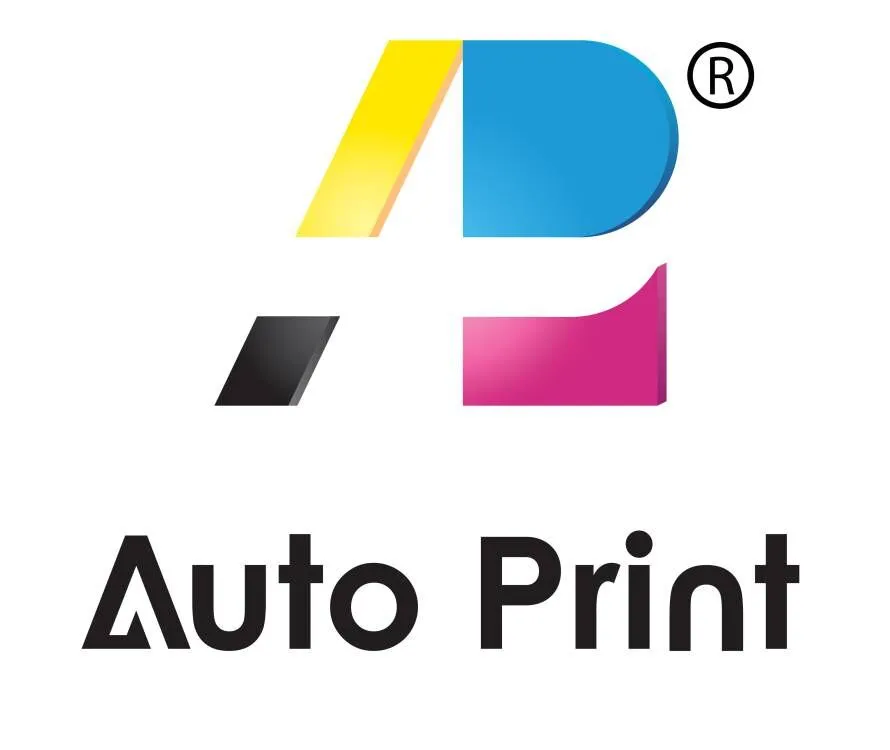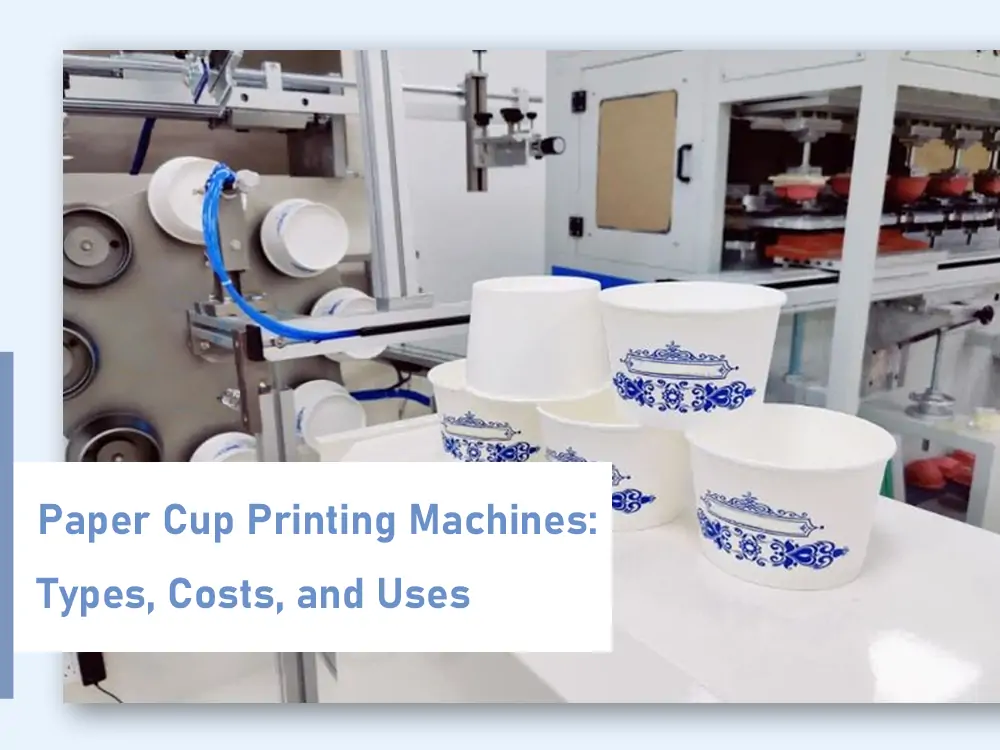Due to environmental concerns, there is a push to use paper cups passing plastic ones in the food, retail, and event industries. As organizations shift to sustainable solutions, cup manufacturing and personalization are crucial. A key aspect of these products is the paper cup printing machine. It ensures manufacturers achieve high-quality designs and logos on their paper cups. This article will focus on paper cup printing machines. It will cover their types, prices, and uses. They are essential tools for modern manufacturing.
This discussion will highlight the various printing machines. It is based on the type of paper cup printing.
There are many types of paper cup printing machines. They vary by the printing required on the cups. Most of these machines use screen, offset, or flexo printing to print designs on paper cups. The general classifications of paper cup printing machines are based on their types.
Screen Printing Machines
Screen printing is a very old, popular printing method. It can produce intense, long-lasting prints. Screen printing machines use a mesh screen, ink, and a squeegee to apply an image onto the paper cup. The screen traces the image. Ink is forced through the mesh and transferred to the cup.
Once Tech’s Plastic Cups Screen Printing Machine is perfect for companies that need to print paper cups, it is ideal for small to moderate production runs. It provides very accurate printing and can deliver designs in multiple colors. This method is ideal for simple designs such as logos since it provides high quality and is very durable.
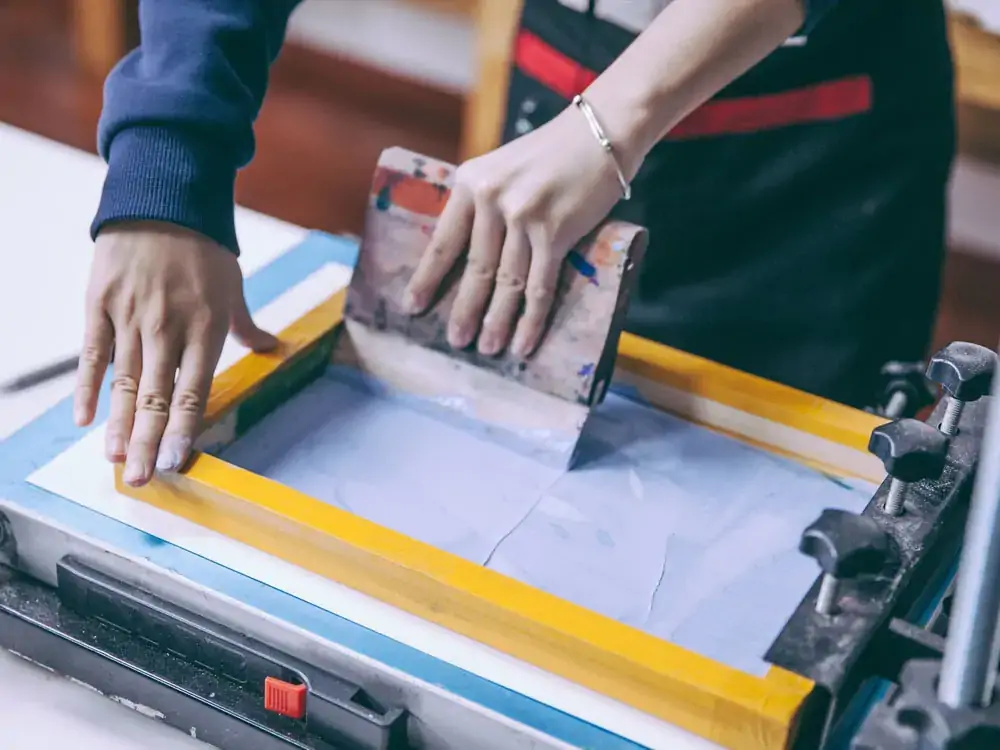
Advantages of Screen Printing:
- High-quality, durable prints
- Economical particularly for short production runs
Disadvantages:
- Digital printing is limited to less simple designs.
- Reduced printing speed when printing large volumes of prints
Flexographic Printing Machines
The flexible printing press is a modern, fast technique. It is widely used to mass-produce printed paper cups. This method employs plastic relief plates that can turn on a cylinder and print on the cup’s surface. The plates are for each design color to be printed, and the whole process can be printed in full color.
Flexographic printing is ideal for high-volume jobs like magazines and dailies. It is fast and consistent. Large production industries prefer this. They need thousands of printed paper cups daily.
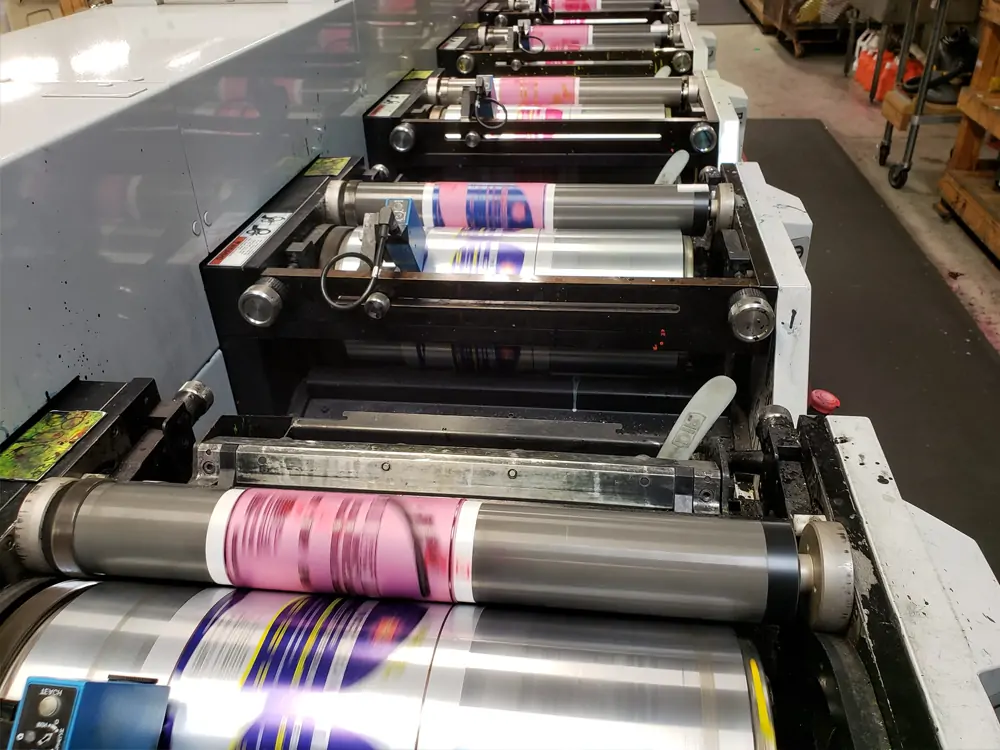
Advantages of Flexographic Printing:
- High-speed printing
- This technology is ideal for large production batches.
- Can handle intricate, multi-colored designs. Prints various products and designs perfectly.
Disadvantages:
However, it has a high initial setup cost, making it not very efficient for small runs.
The biggest time sink in modern print production is changing the printing plates.
Offset Printing Machines
Another kind of paper cup printing is offset printing. It is used to get detailed images on paper cups. The ink is brought from a plate and placed on a rubber blanket before being printed on the cups. It is also a flexible process that can yield quality prints with good color-to-color tones.
Offset printing is best for printing large volumes of T-shirts. It is better than other methods for this task.
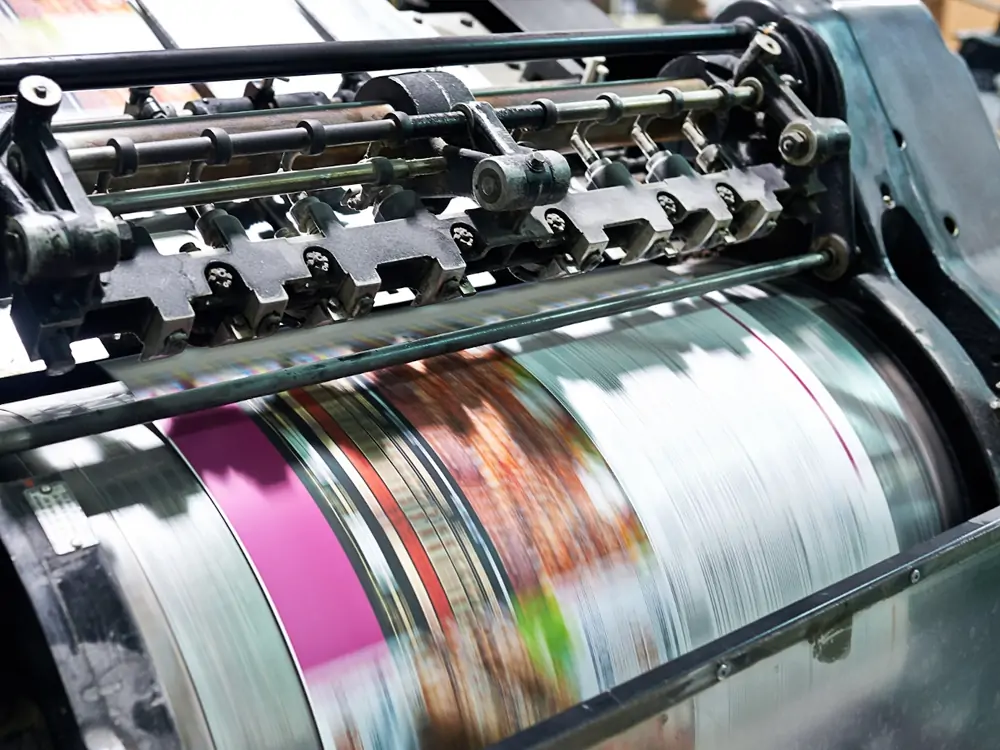
Advantages of Offset Printing:
- Fine colors and sharpness of pictures
- Economical specifically for medium as well as large quantity printing projects
- Only effective with high-quality complex design and layouts
Disadvantages:
- Not as fast as flexographic printing
- Compared to other programs, startup costs are much higher
Digital Printing Machines
Digital printing is a leading choice in custom paper cup printing. It also differs from screen or offset printing. The latter uses plates or screens. However, this can be done more efficiently. The manufacturing process won’t be disrupted much since the system engraves the image directly on the cup from a digital file.
Use digital printing for small, unique orders. It allows printing many pictures, logos, or patterns without high setup costs.
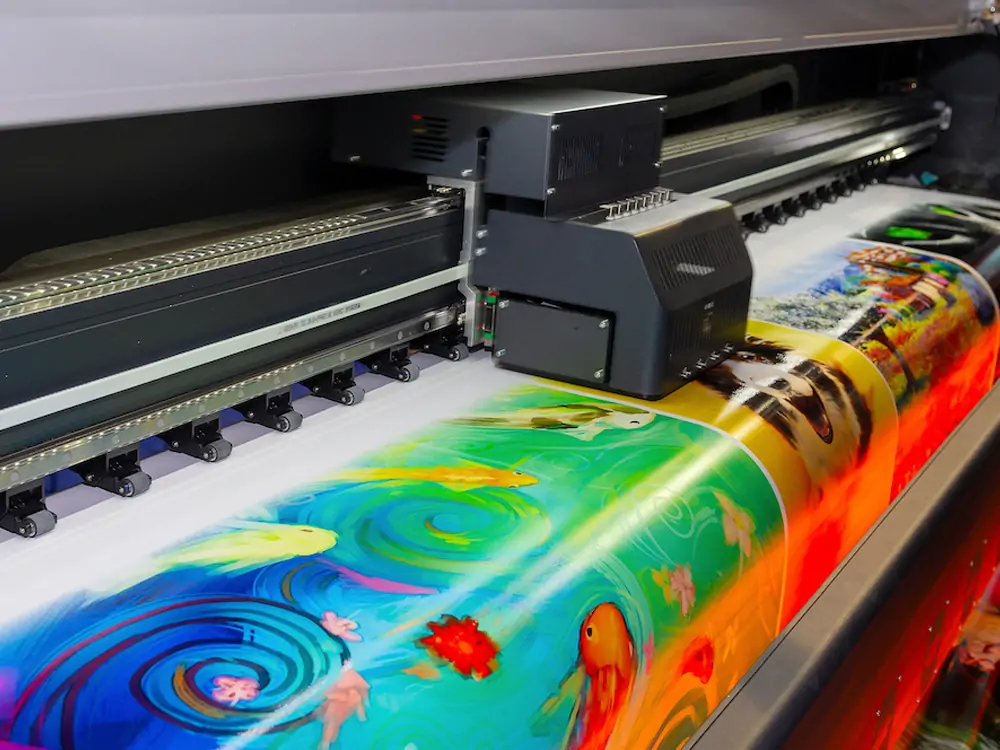
Advantages of Digital Printing:
- Easy to change, low risk, and low cost but best suited for small runs and prototyping.
- Quick turnaround times
- The ability to reproduce different designs during the same operation.
Disadvantages:
- Higher cost per unit but cheaper in the course of mass production
- Valid only for specific substrates, not as long-lasting as screen or flexo pristine.
Prices of Paper Cup Printing Machines
Paper cup printing machine prices vary by model. They depend on technology, production rate, and manufacture. Below are estimates of the modal costs of several kinds of machines.
Screen Printing Machines
Screen printing machines, including the one at Once Tech, cost $15,000 to $30,000. The price depends on the model and its specs. These machines are sought after for making small batches of printed paper cups. They are efficient and produce high-quality prints at a fair price.
Flexographic Printing Machines
The flexographic printing machines will be costly. They can print products densely and efficiently in large runs. Common costs are $50,000 to over $200,000. This is for a mix of automated features, print width, and color functions. These machines are best for large manufacturers that need constant output.
Offset Printing Machines
Offset printing machines cost more than screen printers but less than flexographic ones. If you want a good quality offset printer, be prepared to spend between $30,000 and $150,000. This cost depends on the number of color units, automation, and production speed.
Digital Printing Machines
Digital printing machines can be purchased at estimates of between $10,000 and $50,000. These machines are ideal for businesses with personalized or small-run printing. They are flexible and have low startup startup costs.
Applications of Paper Cup Printing Machinery
These paper cup printing machines are used in many industries. They help brands gain recognition and differentiate their products. They meet customers’ demand for eco-friendly cups. Some common applications include:
Food and Beverage Industry
Printed paper cups are mainly used in food and drinks. There is a high demand for paper cups in this sector. Custom paper cups, used in coffee shops and fast food, could advertise brands. They could also share seasonal themes and details of potential allergens in the food. This sector uses screen and flexographic printing to print high-quality images. They must withstand challenges like heat and moisture.
Banquet Services and Catering
Printed paper cups are best for special occasions like conferences, weddings, and holidays. They can be personalized with logos, sponsors, or art. In this case, digital printing machines are preferred. They can quickly produce small numbers of designs.
Promotional Products
People often prefer disposable paper cups. They can be printed as souvenirs. Many businesses can use branded cups at trade shows, product launches, or other marketing events. Digital and offset printing machines are often used for their high quality.
Retail and Consumer Goods
In retail, printed paper cups package consumables like candy and bottled drinks. This sector favors flexographic printing machines. They have high throughput and deliver quality products.
Conclusion
Printing machines for paper cups are vital for companies that need custom cups for specific use. Today, companies have many options for labeling their products. These include screen printing, flexography, offset printing, and digital printing. The choice depends on their needs, capacity, and design complexity.
At Once Tech, we offer screen printing machines for plastic and paper cups. They can print various products at once. There is no paper cup printing machine for small businesses. They need only a few thousand cups. A high-demand manufacturer must meet a high demand for custom paper cups.
